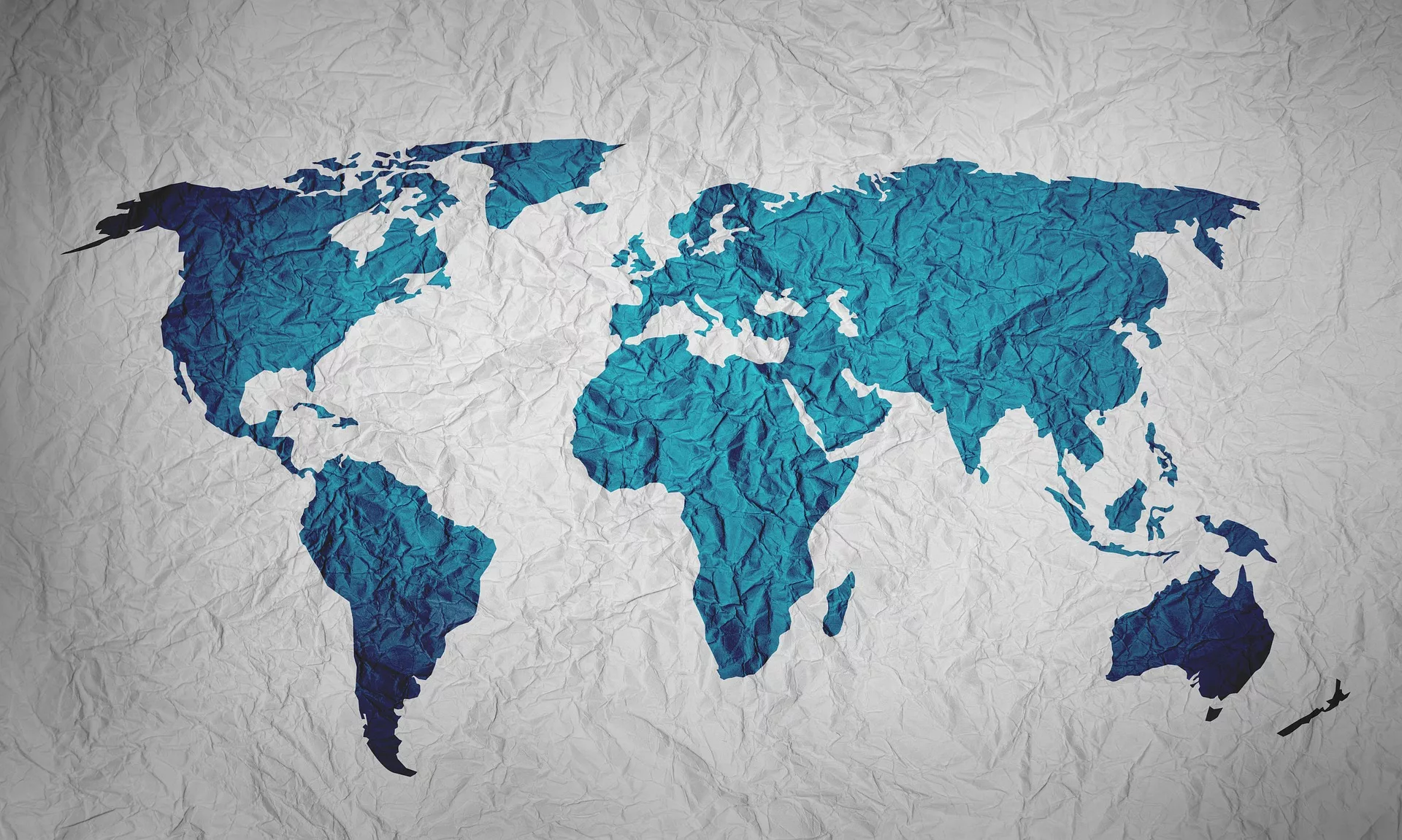Which Countries Have the Worst and Best Cybersecurity?

What is the most cybersecure country in the world? A new study looked at 60 countries and found huge variances, from malware rates to cybersecurity-related legislation.
The Comparitech study found that not one country is “top of the class” across the board. All of the countries analyzed could do with some significant improvements.
However, there were some countries that lacked significantly in a variety of areas and others who outperformed the majority of countries.
The study created rankings for these 60 countries, from the least cyber safe to the most cyber safe.
It considered seven criteria:
- The percentage of mobiles infected with malware – software designed to gain unauthorized access to, destroy, or disrupt a device’s system
- The percentage of computers infected with malware – software designed to gain unauthorized access to, destroy, or disrupt a computer’s system
- The number of financial malware attacks – malicious programs created to steal a user’s money from the bank account on their computer system
- The percentage of telnet attacks (by originating country) – the technique used by cybercriminals to get people to download a variety of malware types
- The percentage of attacks by cryptominers – software that’s developed to take over a user’s computer and use its resources to mine currency (without the user’s permission)
- The best-prepared countries for cyber attacks
- The countries with the most up-to-date legislation
According to the study, Algeria is the least cyber-secure country in the world. It was the highest-ranking country for lack of legislation and computer malware rates, and also received a high score in the categories for mobile malware and preparation for cyber attacks.
Other high-ranking countries were Indonesia, Vietnam, Tanzania, and Uzbekistan.
Some countries ranked at the top of one category but did better in others, improving their overall score. Germany received the highest score for financial malware, and China received the highest score as the country where most telnet attacks originated from.
The highest-scoring countries per category were:
- Highest percentage of mobile malware infections – Bangladesh – 35.91% of users
- Highest number of financial malware attacks – Germany – 3% of users
- Highest percent of computer malware infections – Algeria – 32.41%
- Highest percentage of telnet attacks (by originating country) – China – 27.15%
- Highest percentage of attacks by cryptominers – Uzbekistan – 14.23% of users
- Least prepared for cyber attacks – Vietnam – 0.245 score
- Worst up-to-date legislation for cybersecurity – Algeria – 1 key category covered
The most cyber-secure country in the world? Japan. The survey said that it scored incredibly low across the majority of categories, only scoring a little higher in the preparation for cyber attacks and legislation categories.
Other top-performing countries included France, Canada, Denmark, and the United States.
Some countries scored well in one category but had other scores that brought their average up. These include Ukraine, which had the lowest financial malware rate, and Uzbekistan, Sri Lanka, and Algeria, which had the lowest telnet attack scores.
The lowest-scoring countries per category were:
- Lowest percentage of mobile malware infections – Japan – 1.34% of users
- Lowest number of financial malware attacks – Ukraine – 0.3% of users
- Lowest percent of computer malware infections – Denmark – 5.9% of users
- Lowest percentage of telnet attacks (by originating country) – Algeria, Uzbekistan, and Sri Lanka – 0.01%
- Lowest percentage of attacks by cryptominers – Denmark – 0.61% of users
- Best prepared for cyber attacks – Singapore – 0.925 score
- Most up-to-date legislation for cybersecurity – France, China, Russia, and Germany – all 7 categories covered
Overall, said the study, "Despite some countries having clear strengths and weaknesses, there is definite room for improvement in each and every one. Whether they need to strengthen their legislation or users need help putting better protections in place on their computers and mobiles, there’s still a long way to go to make our countries cyber secure. Plus, as the landscape of cybersecurity constantly changes (cryptominers are growing in prevalence, for example), countries need to try and get one step ahead of cybercriminals."
Looking for a reprint of this article?
From high-res PDFs to custom plaques, order your copy today!





